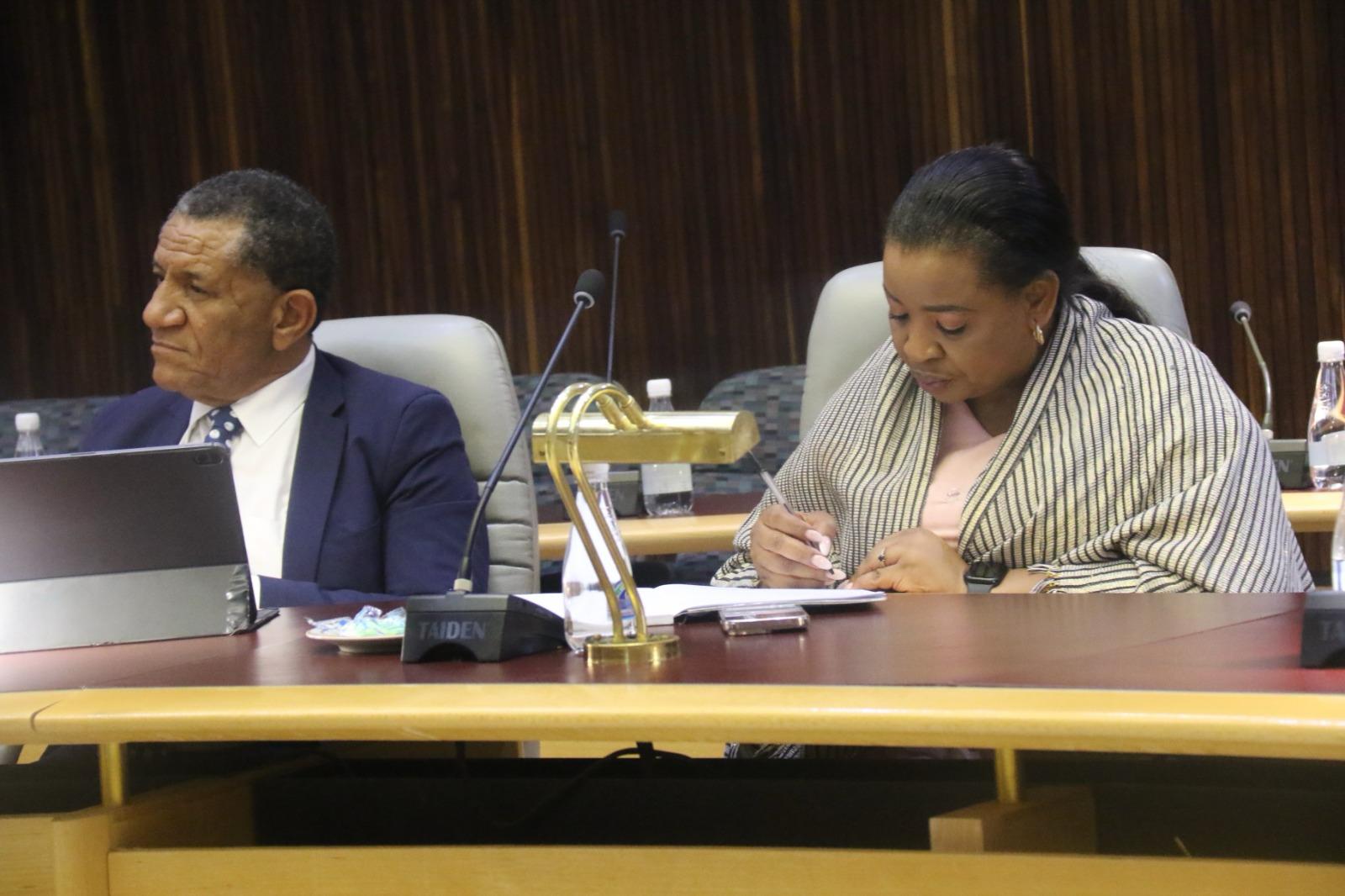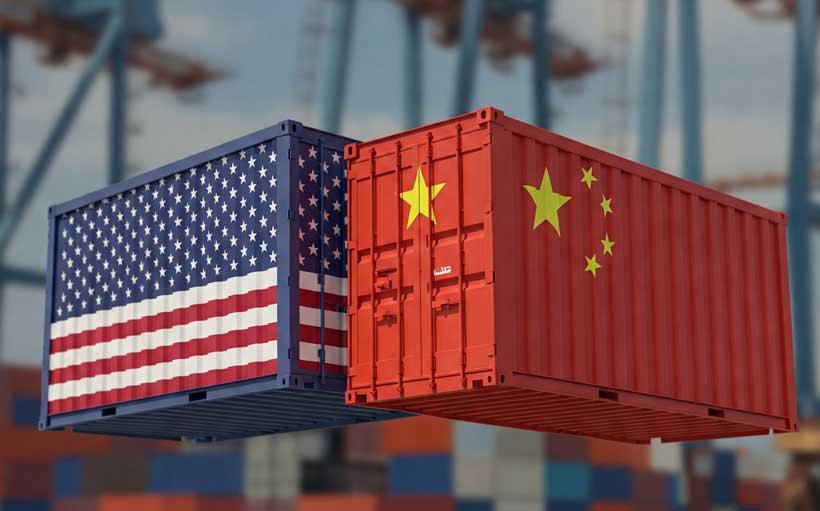OROPOYI – Akiru Lomukuny’s clan has already seen one boy killed, a girl raped and dozens of women beaten just for trying to get a drink of water.
Now, she says, things are about to get a lot worse. Generations of east Africans have clashed sporadically over cattle, pasture and, most importantly, water.The drought sweeping across the region is making the fight for resources more desperate.Lomukuny is a member of the nomadic Turkana tribe.Among these nomads, a family is judged by its cows.The Turkana walk their cows, goats and sheep through Kenya’s northwestern corner, along the borders with Ugandan and Sudan.It hasn’t rained here in over a year, and her clan – along with more than 11 million other people in this semi-arid region that also includes Ethiopia and Somalia – are getting desperate.The grandmother of three knows where she can get water only 15 kilometres away, but the spring is across the unmarked border in Uganda.When she and her daughters – usually with Lomukuny’s three grandchildren strapped to their backs – have gone there with their plastic jugs, warriors from the Dados tribe have repeatedly ambushed them.”We were usually attacked on our way back,” she said.”We would lose all of our water …sometimes they strip us naked, take all of our beads.”That was in December.In January Lomukuny’s clan, which is made up of 600 families, retreated back into Kenya to a secret place where water collects in the rugged hills that mark the border.But now that supply has run out and they must now look across the border again.”Drought always presents a great risk for us because the alternative is to go to Uganda, where we’ve had a lot of experience being attacked,” she said.”The next move has to be to find water, there is water in Uganda, so we have to move there.”Life in this part of East Africa is never easy, even in the best of times.When tribal clashes meant bows, arrows and shields, casualties were low.Now almost every adult male has an assault rifle, so even small skirmishes can leave a dozen dead.As Lomukuny spoke, dressed in a traditional blanket and a leather skirt, dozens of children crowded around, their foreheads covered with an orange fuzz that is a classic sign of protein deficiency.They are skinny, but don’t yet have the bloated stomachs of the severely ill.Only the night before, raiders from the Dados stole 28 cows from two families in the clan, leaving them destitute.The clan has already lost cattle to the drought and more become weak and sick every day without enough water.In Turkana society, there are two decision-making bodies.The female elders have already met and have decided it is time to move.The male elders would decide soon exactly when to leave, Lomukuny said, looking west to the hills where the Dados scouts sit and watch the Turkana.Bernard Ruhnan, a German priest who has been trying to end the tribal fighting in the area for 34 years, said there have been small clashes, but nothing too serious since the drought began.He is working with tribal leaders on an agreement to share available resources, but worries about what will happen if the rains don’t come soon.”If we don’t get rain in the next month, it will become much more serious,” he said.He said already there were militant elements in both tribes trying to make sure they don’t have to share anything.Oxfam and other charities have also been trying to help the Turkana survive the drought without fighting.The British group has drilled water wells and installed pumps.They have also bought livestock from the Turkana at normal market prices, slaughtering them and giving the meat to the needy.But those programmes are too small and too far away for Lomukuny’s clan.They will instead take their chances with the Dados as they try to pass through to an unoccupied, well watered, pasture, the elders said.”The route through Uganda is like going between two dogs,” Lomukuny said.”During the migration, the fighting is perpetual, all the way through, until we find a place to settle.”She said the biggest concern was the clan’s supply of bullets, because unlike in Uganda, the Kenyan government doesn’t supply the nomadic tribes with arms and ammunition.She said if the government would only supply them with more well water, things would be different But Lomukuny said her clan has to take its chances and cross the border.”I don’t care if lose a child, or my husband, it is a desperate state now,” she said.”We have to go.”She looked a reporter straight in the eye.”If you want to help me,” the grandmother said with immense dignity.”Give me a gun”.- Nampa-APGenerations of east Africans have clashed sporadically over cattle, pasture and, most importantly, water.The drought sweeping across the region is making the fight for resources more desperate.Lomukuny is a member of the nomadic Turkana tribe.Among these nomads, a family is judged by its cows.The Turkana walk their cows, goats and sheep through Kenya’s northwestern corner, along the borders with Ugandan and Sudan.It hasn’t rained here in over a year, and her clan – along with more than 11 million other people in this semi-arid region that also includes Ethiopia and Somalia – are getting desperate.The grandmother of three knows where she can get water only 15 kilometres away, but the spring is across the unmarked border in Uganda.When she and her daughters – usually with Lomukuny’s three grandchildren strapped to their backs – have gone there with their plastic jugs, warriors from the Dados tribe have repeatedly ambushed them.”We were usually attacked on our way back,” she said.”We would lose all of our water …sometimes they strip us naked, take all of our beads.”That was in December.In January Lomukuny’s clan, which is made up of 600 families, retreated back into Kenya to a secret place where water collects in the rugged hills that mark the border.But now that supply has run out and they must now look across the border again.”Drought always presents a great risk for us because the alternative is to go to Uganda, where we’ve had a lot of experience being attacked,” she said.”The next move has to be to find water, there is water in Uganda, so we have to move there.”Life in this part of East Africa is never easy, even in the best of times.When tribal clashes meant bows, arrows and shields, casualties were low.Now almost every adult male has an assault rifle, so even small skirmishes can leave a dozen dead.As Lomukuny spoke, dressed in a traditional blanket and a leather skirt, dozens of children crowded around, their foreheads covered with an orange fuzz that is a classic sign of protein deficiency.They are skinny, but don’t yet have the bloated stomachs of the severely ill.Only the night before, raiders from the Dados stole 28 cows from two families in the clan, leaving them destitute.The clan has already lost cattle to the drought and more become weak and sick every day without enough water.In Turkana society, there are two decision-making bodies.The female elders have already met and have decided it is time to move.The male elders would decide soon exactly when to leave, Lomukuny said, looking west to the hills where the Dados scouts sit and watch the Turkana.Bernard Ruhnan, a German priest who has been trying to end the tribal fighting in the area for 34 years, said there have been small clashes, but nothing too serious since the drought began.He is working with tribal leaders on an agreement to share available resources, but worries about what will happen if the rains don’t come soon.”If we don’t get rain in the next month, it will become much more serious,” he said.He said already there were militant elements in both tribes trying to make sure they don’t have to share anything.Oxfam and other charities have also been trying to help the Turkana survive the drought without fighting.The British group has drilled water wells and installed pumps.They have also bought livestock from the Turkana at normal market prices, slaughtering them and giving the meat to the needy.But those programmes are too small and too far away for Lomukuny’s clan.They will instead take their chances with the Dados as they try to pass through to an unoccupied, well watered, pasture, the elders said.”The route through Uganda is like going between two dogs,” Lomukuny said.”During the migration, the fighting is perpetual, all the way through, until we find a place to settle.”She said the biggest concern was the clan’s supply of bullets, because unlike in Uganda, the Kenyan government doesn’t supply the nomadic tribes with arms and ammunition.She said if the government would only supply them with more well water, things would be different But Lomukuny said her clan has to take its chances and cross the border.”I don’t care if lose a child, or my husband, it is a desperate state now,” she said.”We have to go.”She looked a reporter straight in the eye.”If you want to help me,” the grandmother said with immense dignity.”Give me a gun”.- Nampa-AP
Stay informed with The Namibian – your source for credible journalism. Get in-depth reporting and opinions for
only N$85 a month. Invest in journalism, invest in democracy –
Subscribe Now!










